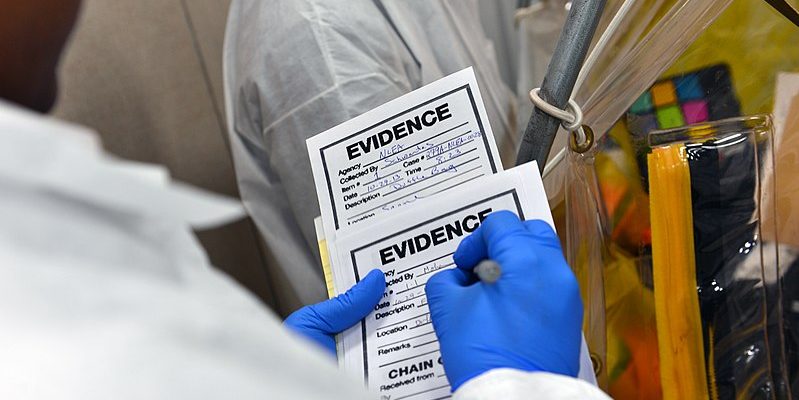By: Keith Porcaro Debates over economic protectionism or the technology flavor-of-the-month obscure a simple, urgent truth: people are going online to find help that they cannot get from legal and health professionals. They are being let down, by products with festering trust and quality issues, by regulators slow to apply consumer protection standards to harmful offerings, and by professionals loath to acknowledge changes to how help is delivered. The status quo cannot continue. Waves of capital and code are empowering ever more organizations to build digital products that blur the line between self-help and professional advice. For good or ill, “gray advice” is changing how ordinary people get help with legal issues and healthcare issues, and even how they perceive professionals. This Article begins the work of articulating what makes a high-quality digital advice product, and how regulators and professionals can engage with the reality of how people seek and find help today. Download Full Article (PDF) Cite: 25 Duke L. & Tech. Rev. 48






